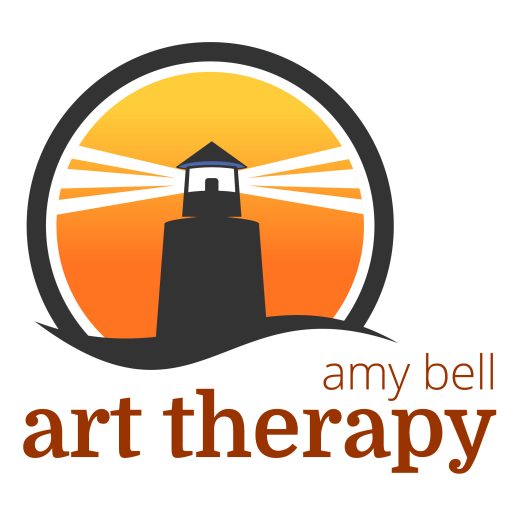Having mental health depends on our resilience. Our resilience depends upon our ability to respond, rather than react, and a readiness for forgiveness. Much of this stems from our Temperament which we are born with, and is wrapped up in Attachment Theory. However, we can learn to strengthen our resilience with practice and protective factors. Resilience can be thought of as our self-confidence and regulation. Metaphorically, how we weather a storm.
If we become enveloped in a storm, huge waves, lightning, wind, (an emotional crisis, or situation that is stressful), how we cope is called resilience. This is our fight/flight/freeze instinct.
Even people with previously healthy resilience can experience ruptures to their resilience when faced with challenges like a break up or other grief and loss or trauma factors. At times like this we may seek the support of a therapist, and these 8 building blocks will help you on your path to recovery.
1- Building Community (ship crew!)
be proactive and get amongst it! Joining an interest group or volunteering at local events is a great way to meet like-minded people and enjoy socialising without the pressures of social anxiety. Making an effort to keep connected to family and friends, or even walking your dog, are important to reduce isolation.
2- Service to others.
Volunteering, including parenting, can give us a feeling of being valued and needed. Helping others, or being useful, is an opportunity for growth and connection.
3- Get Moving!
From walking the dog, to dancing while doing the chores, or joining a social sports team, get the blood flowing. It is well known that exercise is essential for mental health.
4- Budgeting.
One of the most common causes of stress is money. Learning how to make the most of what you have (or don’t have) can change how we feel.
5- Be in charge of your emotions!
Journaling and creativity are great ways to explore or release those big feelings. Using good therapy to stay well is also a great way to stay prepared in case of a challenging time. Recent studies, like the documentary The Social Dilemma, also warn of the impact that screen time and social media has on our emotional wellbeing. Limiting screen time is good for our budget and mental wellbeing.
6- Sunshine!
Vitamin D is essential for mental health, we get it naturally from the sun.
Gardening, bushwalking, and joining a creek care group. Nature is a tonic to ease anxiety
7- Believe in something!
Spiritual beliefs give us a purpose and guidance. It also connects us to others. Belief can be a higher power, nature based, community based, anything that is meaningful to you.
8- Feed your mind.
Whether it’s formal study or just reading a novel, or exploring a topic that interests you, learning new things is a key ingredient to beat depression. The good old-fashioned books from the library to a short online course or full degree, dance classes or archery! A new skill or knowledge will fire up your hippocampus and build your confidence and improve depression.

